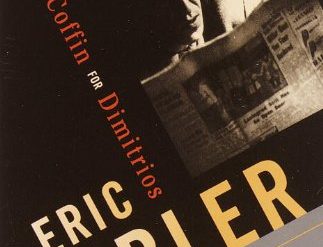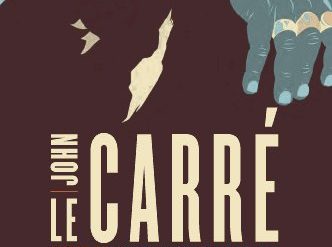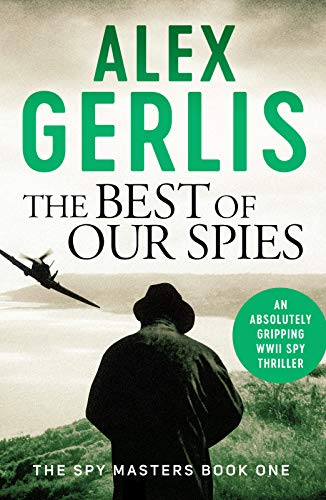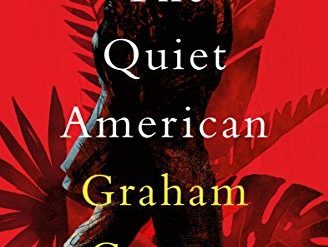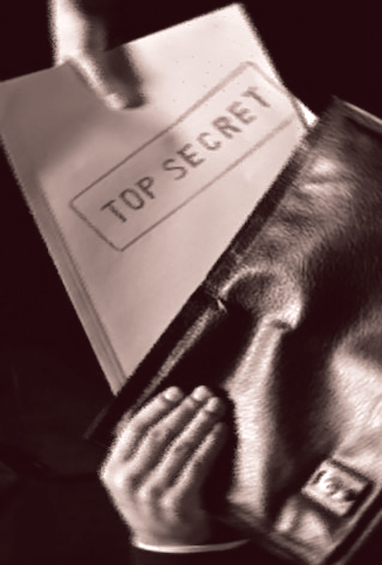
The first espionage novels appeared early in the 19th century with the publication of James Fenimore Cooper’s The Spy in 1821 and The Bravo in 1831. A few other notable titles were published in the ensuing decades, and Sherlock Holmes got into the act around the turn of the century in three stories. Rudyard Kipling and Joseph Conrad wrote spy novels during the same period. But spy fiction as a genre didn’t begin coming into its own until after World War I. And Alfred Hitchcock popularized the genre with the release in 1935 of The 39 Steps, adapted from the novel by John Buchan, one of the best spy novelists of his time.
This post was updated on July 16, 2024.
The best spy novelists of yesteryear
During the 1930s, 40s, and 50s the genre blossomed with the novels of Eric Ambler, Graham Greene, and Helen MacInnes. These authors, all British, brought literary talent and a realistic approach to their writing. However, it was Ian Fleming who elevated the field in the public consciousness with the James Bond novels. He began with Casino Royale in 1953 and wrapped up the series 12 novels later in 1965 with The Man With the Golden Gun.
Unfortunately, for a great many English-speaking readers, James Bond continues to represent the archetypal spy. And Fleming has his present-day imitators in such authors as Daniel Silva and Alex Berenson, whose novels portray superspy heroes with little resemblance to the real-world capabilities of the men and women who work for the CIA and MI6.
The best spy novelists actively writing today
More demanding readers with a taste for the spy genre have followed the career of the late John le Carré (1931-2020), whose 30 widely-read novels spanned the five decades from 1961 to 2021. And Le Carré’s many disciples are hard at work today, turning out spy fiction that is solidly based on historical events and a realistic portrayal of espionage tradecraft. Below, I’ve included seven such authors, all of whom are still actively writing today.
Charles Cumming
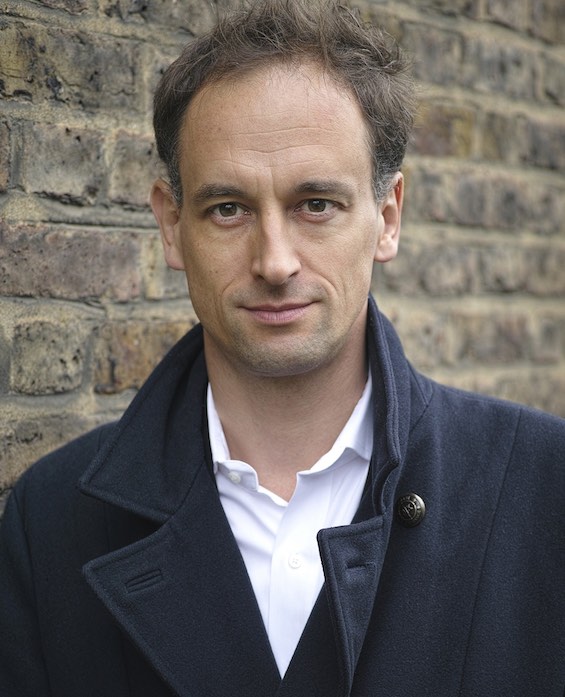
I’ve reviewed most of the eleven spy novels Charles Cumming has written. You’ll find those reviews at Charles Cumming’s first-rate spy thrillers. As a young man, he was briefly a “support agent” for Britain’s Secret Intelligence Service (MI6), as reflected in his first novel, A Spy by Nature (A worthy spy story that foretells more good reading to come). All his novels involve the work of MI6.
The best of the Cumming stories I’ve read to date is The Trinity Six (A stellar new spy story by Charles Cumming). The novel pivots on the existence of the long-rumored “sixth man” of the Cambridge Five, which included the notorious Soviet spies Kim Philby, Donald Maclean, Guy Burgess, Anthony Blunt, and John Cairncross. (In fact, some observers believe there may have been as many as eight or 10 spies in the Cambridge ring.) Cumming was born in Scotland in 1971. He was educated at Eton College and the University of Edinburgh. He has two children and lives in London.
Alan Furst
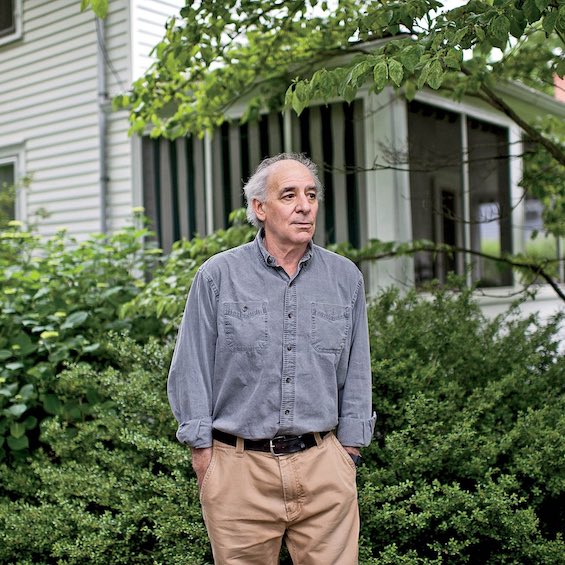
Alan Furst writes historical novels about espionage in Europe during the years leading up to and during the Second World War. You’ll find my reviews of his 15 novels in The evocative Night Soldiers series from Alan Furst. All were published from 1988 to 2019. Furst is American but writes knowledgeably about events and people in Central and Eastern Europe as well as France. His mastery of the moods and the political environment in Europe before and during the Second World War is unexcelled, and the flawed, believable characters he writes about cause him to be regularly compared to Graham Greene and Eric Ambler. My favorite among Furst’s novels is his 2000 entry, Kingdom of Shadows (From Alan Furst, one of the best spy novels of recent years).
Alex Gerlis
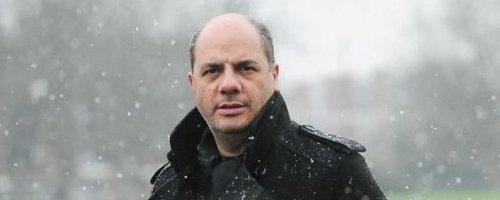
Alex Gerlis is the author of nine Second World War espionage thrillers. He was a BBC journalist for nearly thirty years. He now lives in west London with his wife and two black cats. Alex has two daughters and two grandsons. As his publisher notes in his bio online, “He’s frequently asked if he’s ever worked for an intelligence agency but always declines to answer the question in the hope that someone may believe he actually has.”
You’ll find my reviews of five of Alex’s novels at Top-notch spy novels from Alex Gerlis. My favorite is his first The Best of Our Spies (An extraordinary World War II spy story grounded in historical fact).
Mick Herron
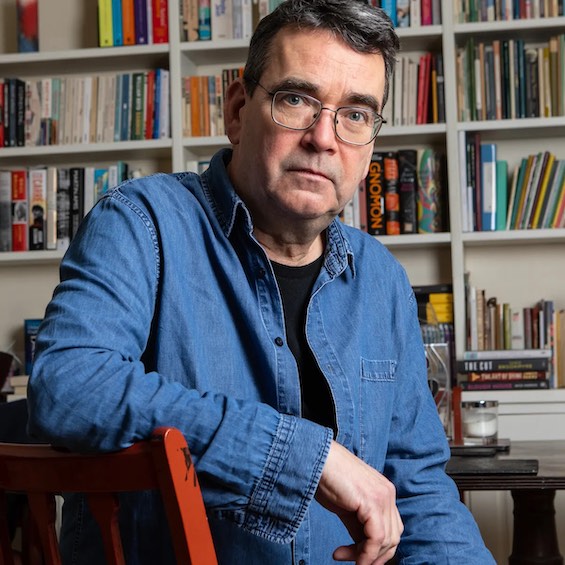
Mick Herron began his career as a mystery writer in 2003 with the publication of the first of four novels about an Oxford-based private eye name Zoë Boehm. In 2010, he brought out the first of the eleven Slough House novels published to date. The fictional Slough House is where the misfits and rule-breakers of MI5 are sent to molder until retirement because, for one reason or another, they can’t be persuaded to resign. The series is now appearing online on Apple+ TV in a superb adaptation starring Gary Oldman and Kristin Scott Thomas. I’ve reviewed the books of the Slough House series at Following Mick Herron’s clever British spies at Slough House. I suggest beginning with the first of the lot, Slow Horses (British satire about misfit spies in MI5).
Herron was born in England in 1963 and educated at Balliol College of Oxford University, where he studied English. It shows. The books are brilliantly written in Herron’s uniquely witty style.
There’s an informative interview with Herron in the New York Times (November 19, 2023) by Sarah Lyall, “Mick Herron Has Made a Blockbuster Career Writing About Foul-Ups and Has-Beens.”
David Ignatius
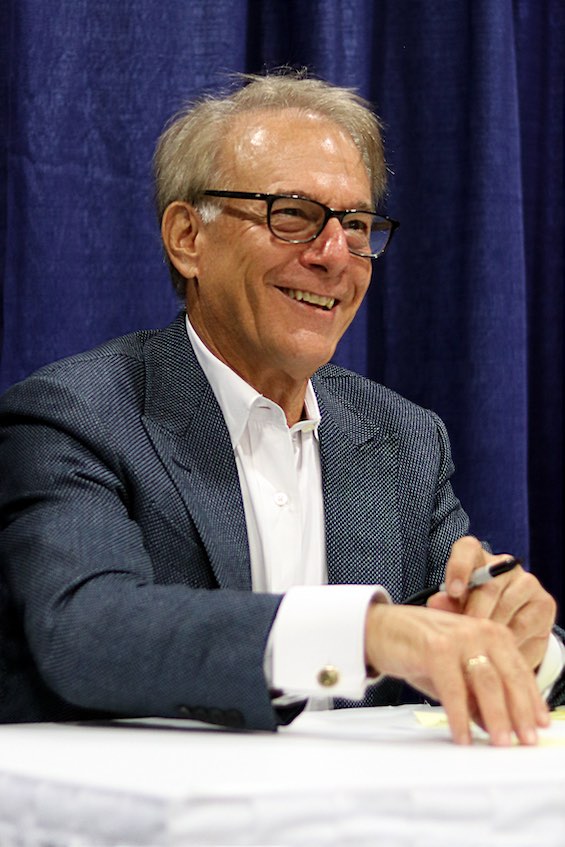
The eleven spy novels David Ignatius has written (to date) are a sideline. Ignatius is a columnist and editor for the Washington Post, where he has worked for all but three years since 1986. He was born into America’s East Coast elite, the son of a former Secretary of the Navy, and educated at Harvard and King’s College, Cambridge. He remains associated with Harvard University, serving for a time as an adjunct lecturer in the Kennedy School of Government. Ignatius has won many honors for his journalistic work. Among them was a George Polk Award for his coverage of the Jamal Kashoggi murder. He is married to a physician, with whom he has three daughters.
I’ve reviewed many of Ignatius’ novels. I especially enjoyed Siro (The most intelligent spy novel I’ve read in many years), A Firing Offense (A suspenseful espionage story about journalists and spies), Phantom Orbit (War in space may be closer than you think), and The Quantum Spy (The race with China for a quantum computer).
Joseph Kanon
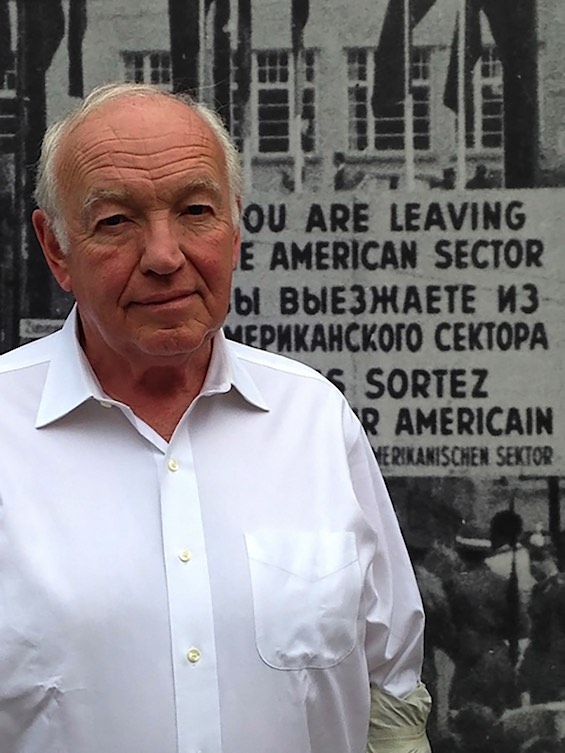
Joseph Kanon was a major figure in the publishing industry for many years before writing his first novel, Los Alamos, in 1997. To date, he has written nine novels, all spy thrillers set in the aftermath of World War II. I’ve reviewed many of Kanon’s novels. I particularly enjoyed The Good German (The cost of total war was clear in Berlin after World War II) and Leaving Berlin (From Joseph Kanon, one of the best of today’s spy novels). You can find all my reviews at Joseph Kanon’s spy thrillers are superb.
Kanon was born in Pennsylvania and educated at Harvard University and Trinity College, Cambridge. He lives with his wife, a literary agent, in New York City.
Paul Vidich
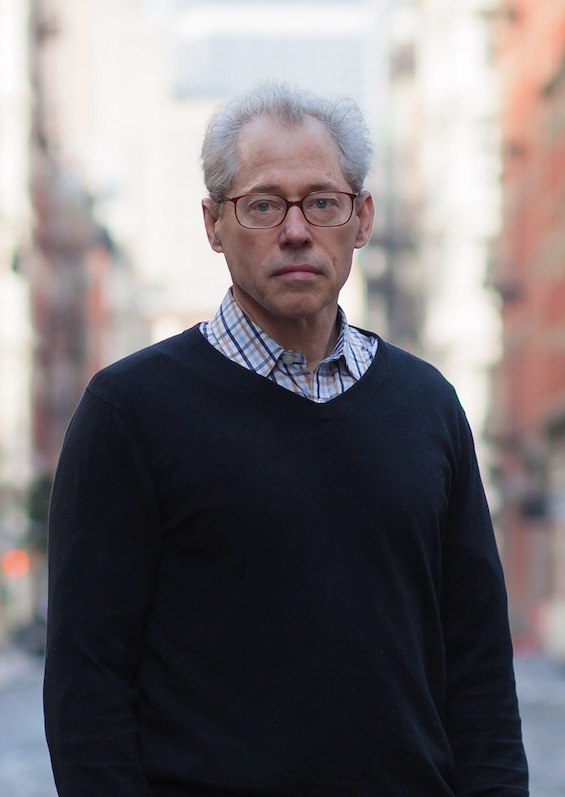
Although he has been writing for many years, Paul Vidich’s first novel, An Honorable Man, appeared in 2016. Five others have followed to date. I’ve reviewed them all on this site. My favorite is The Coldest Warrior (Project MK-Ultra and the scientist who fell to his death). Vidich has yet to disappoint me. He’s truly gifted. And his gifts seem even sharper in the sixth of his novels, Beirut Station: Two Lives of a Spy (A compelling spy novel about living a double life).
According to the bio on his website, Paul Vidich “had a distinguished career in music and media” before he turned to writing. He played key roles “at Time Warner, AOL, and Warner Music Group, where he was Executive Vice President in charge of global digital strategy. Vidich was a member of the National Academies committee on The Impact of Copyright Policy on Innovation in the Digital Era. He testified in Washington before rate hearings. Vidich is a graduate of Wesleyan University and The Wharton School, University of Pennsylvania.”
For related reading
You might also enjoy my posts:
- The 10 top espionage novels
- 30 good nonfiction books about espionage
- Top 10 mystery and thriller series
If you read spy thrillers, consider dipping into the work of these other excellent authors:
- Dame Stella Rimington’s Liz Carlyle series of top-notch espionage novels
- The spellbinding thrillers of Robert Harris
- The Maisie Dobbs novels from Jacqueline Winspear
- The 12 novels of Alex Berenson’s thrilling John Wells spy series
And you can always find my most popular reviews, and the most recent ones, on the Home Page.

